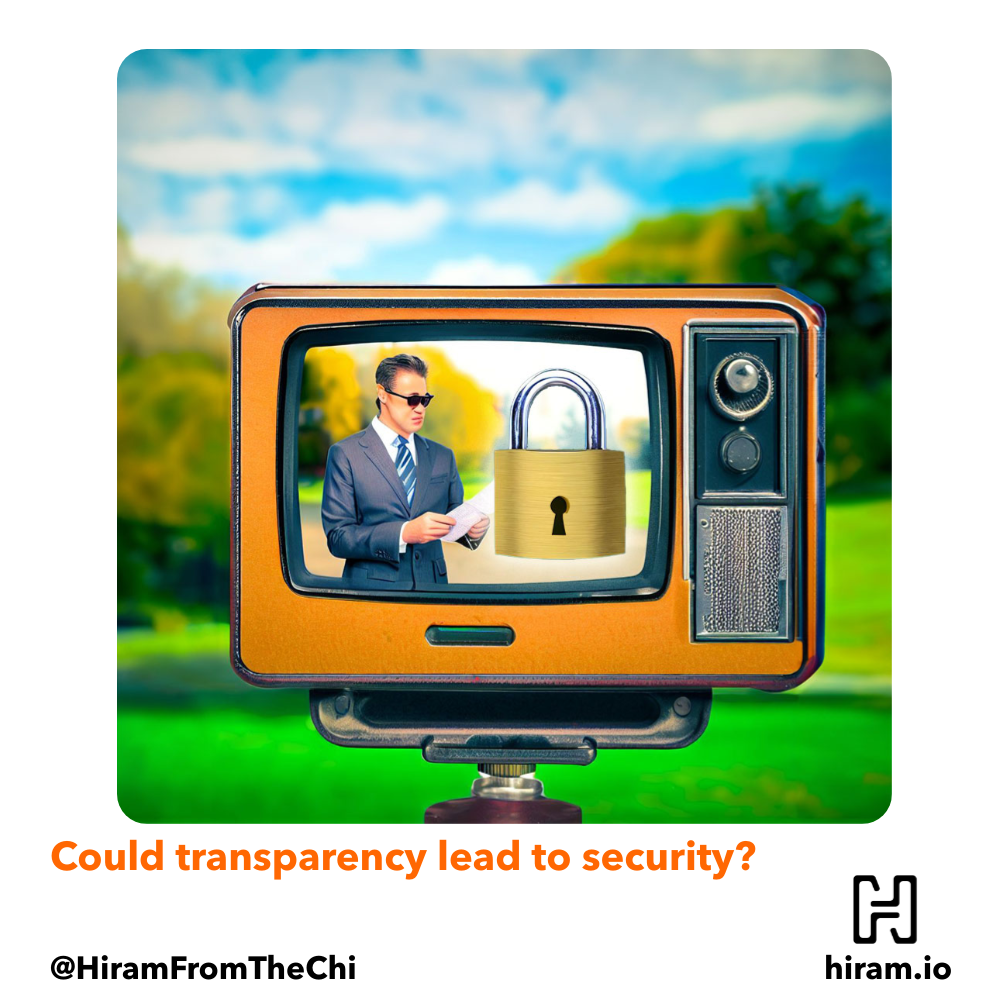Table of Contents
What's "security theater" and why does it matter?
It seems like every day a new influencer is born. Scroll through their Instagram feed, and you’ll find an influencer’s favorite spots, friends, family, and even general place of residence. Tap into their story, and you’ll find even more details and their immediate whereabouts.
You might not find A-list celebrities doing this (for security or other personal reasons), but check into their highly publicized social media life and you’ll find something we probably weren’t comfortable sharing ten, maybe even five, years ago.
The age of the influencer
Now think about the breaches we as consumers have faced: Equifax, Target, iCloud, and endless more. Consider how much more likely it is for you to get framed or have your identity stolen than it is for someone in the public eye. It doesn’t even have to be a B-list celebrity. That social validation that today’s influencers hold is intangible and invaluable.
Try walking into an establishment as a celebrity, whether a TV or social media celebrity (did you ever think that would be a full-time job?). That’s sure to invoke mixed feelings, or at least a double-take at your application. Remember this ESPN commercial with Michael Jordan
When you’re well-known, even in a niche market, you have certain leverage that the others do not. You certainly have the luxury of easily showing someone (via social proof) who you are, friends and family (in some instances), and with the increased documentation of people’s lives through Instagram and Snapchat Stories, even prove where you were at a particular time.
Imagine how beneficial this would be if your identity was stolen or you were being framed. The ability to instantly prove that you were doing something else would prevent a lot of scrutiny, judgment, and confusion. Once again, that social proof seems to be invaluable.
This is an ethical dilemma we are facing, as the Internet democratizes everything and people become more public about their lives. This is a broad statement of course, as there are many who detest a lack of privacy. Many argue that the greater good comes at the expense of our privacy. But is that really true?
What's "security theater" and why does it matter?
The TSA, for example, is nothing but the concept of Security Theater- that is, the illusion of security. You know those full-body scans they do at airports? They see everything. Everything. That machine is simply used as justification to invade our privacy. Watch this short clip below and see for yourself.
I’ve come across multiple people who think that those who are against such an invasive internet life must be hiding something. But that could not be further from the truth. Firstly, not everyone is naturally extroverted enough to even share willingly on social media. Yes, Facebook might have 2 billion users, but that does not correlate to a person’s biological personality and innate feelings.
There are many people who would prefer to live their life humbly, quietly, and in peace. Some prefer to share pictures of their food, but never themselves. There are others who share content of themselves, but never friends or family. The long tail is long-don’t forget that.
Is there a "line"?
With everyone’s attention hoarded on a mobile screen, it’s easy to place so much importance on those who are posting constant, private, content. (We’ll leave the topic of oversharing for another time.) I get it-it makes it seem like you know the individual on a personal level. I understand it and I would agree… to an extent.
But how much is too much? Are we becoming too reliant on that transparency? Why do we automatically assume that those who do not want their entire lives to be documented have something to hide? Why do we require social validation, and what is the limit that “society” will place as acceptable and crossing the line?
There are agencies whose only job is literally to aggregate and sell your information-current address, previous addresses, DOB, phone numbers, license plates, lawsuits, criminal records (even if it’s a false positive), relatives, and of course all of their private information. It’s all a web of private information that should not be public. At the very least, not by default.
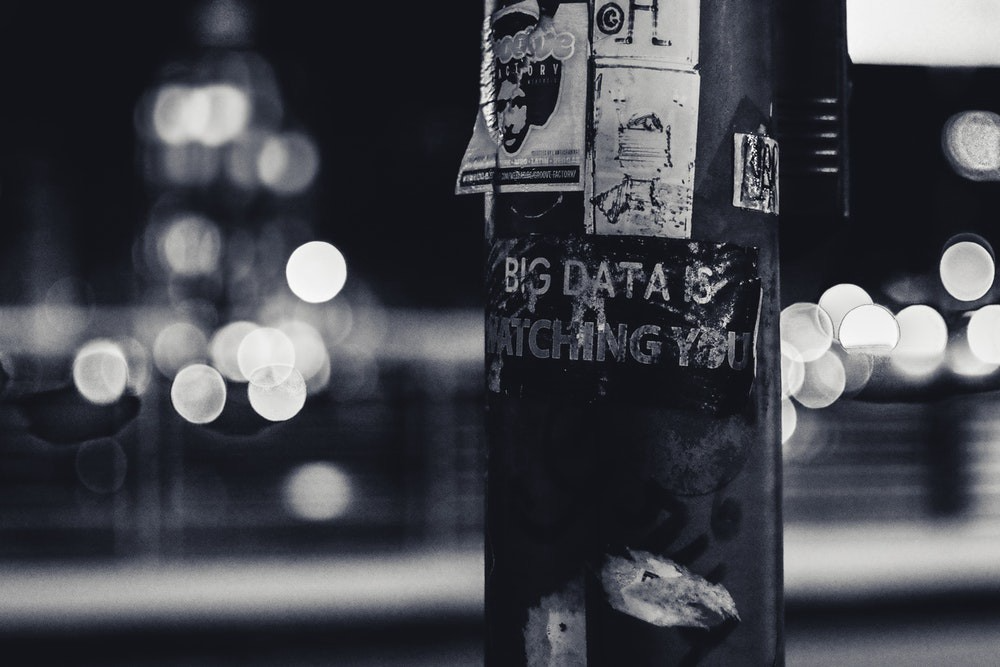
Giving your information the importance it deserves
One of the key reasons your information is so important is because many individuals use this information to verify their accounts with financial, commercial, and private institutions. In addition to extremely sensitive information, often times these companies will require you to fill out “security questions” containing your mother’s maiden name, the name of your pet, and other potentially sensitive information.
I say “potentially sensitive” because a lot goes into what each person determines is “sensitive” information. Consider and build your own threat model. One might believe that because his/her mother’s maiden name is public, that there is no point in hiding it. And on some level, they are right. Yet, they still use predictable answers for security questions. Doesn’t make much sense, does it?
One way to get around this is to write an answer that is completely unrelated to the question being asked. No one said the answer has to be legitimate-when they ask you where you honeymooned, your answer could very well be “XsfTYUJt5f4r” for all they care.
What does the future of online privacy hold?
No one can say for sure where we’re headed exactly in terms of privacy and transparency in the age of social media. I think it’ll be interesting to see what sorts of policies or regulations are put into place and how the “general public” will feel going forward as we move to a more documented and translucent society.
Although there are many privacy-oriented companies that exist today, the general public is not as aware as they could be. Take ProtonMail for example: A free encrypted email alternative to the popular Gmail. Apple has also begun to take a public stance against the likes of Google, Facebook, and other information giants. Whether this is true or just a marketing ploy is up for debate, but in doing so, we can at least start to have conversations about privacy.
More importantly, this could begin to hold companies like Apple responsible for upholding what they preach. Apple touting privacy and then selling it to third-party advertisers wouldn’t exactly bode well for the Apple brand, would it?
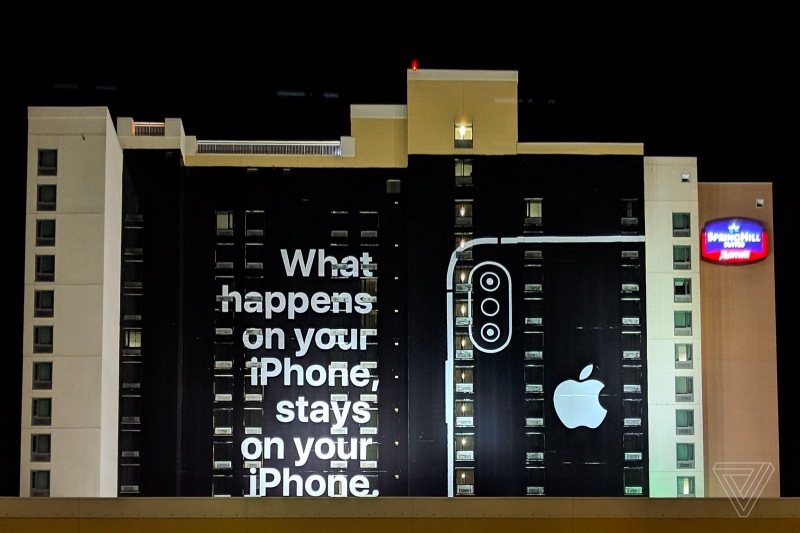
Facebook has only been the tip of the iceberg
Facebook’s Cambridge Analytica scandal was enough to shut down Cambridge Analytica, and even garnered enough attention for Congress to summon Mark Zuckerberg. Not that this was effective anyway. Zucks was very well-trained by his lawyers to maneuver critical questions regarding privacy and data misuse.
Even then, it was clear Congress couldn’t fully understand Facebook (let alone its business model). This means that Congress couldn’t even ask the right questions.
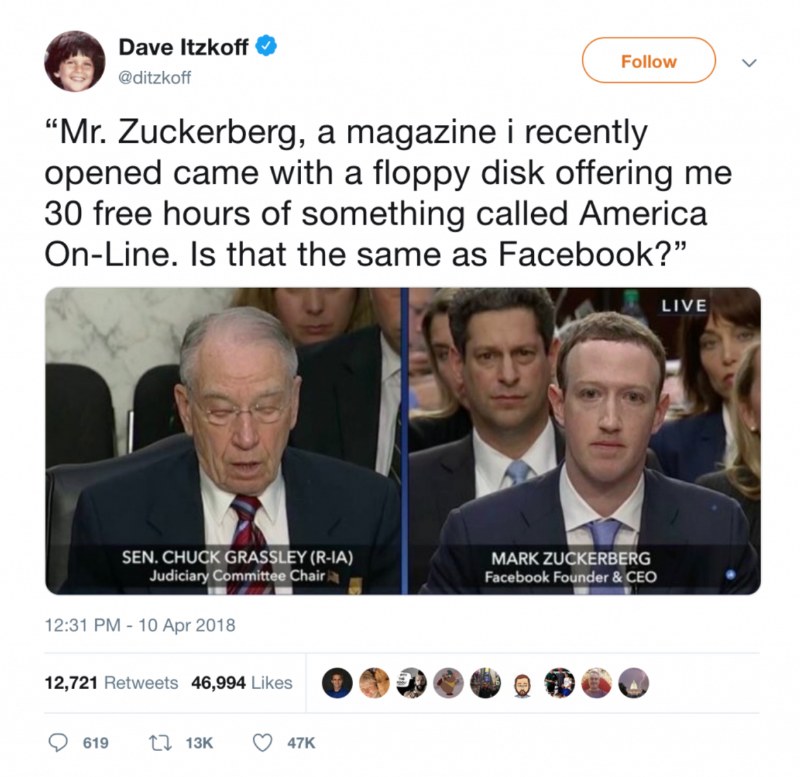
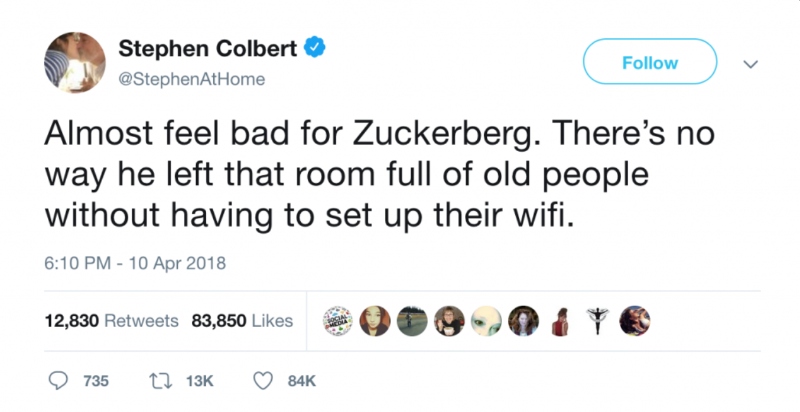
And if that wasn’t enough, Facebook hardly lost any users. That should tell you more than enough about its influence and monopoly in the social space. And those few individuals who did delete Facebook-guess where they went: Instagram.
Who owns Instagram? Facebook. ?
If you're down to talk privacy, security, and ethics, reach out:
- Web: hiram.io
- Rising Tide (blog): hiram.io/blog
- LinkedIn: @hiramfromthechi
- Twitter/X: @hiramfromthechi
- Medium: @hiramfromthechi
- Mastodon: @hiramfromthechi@mastodon.social

